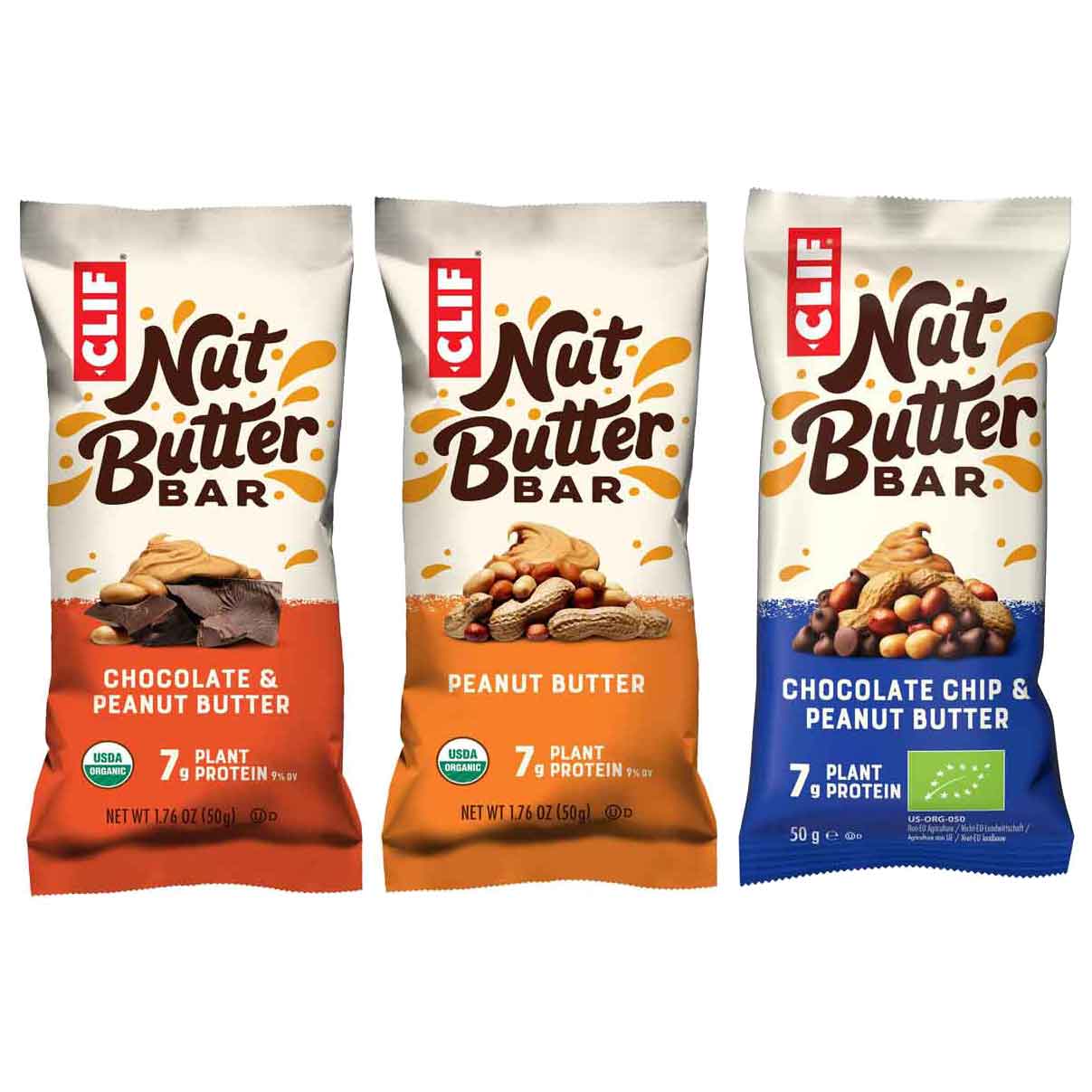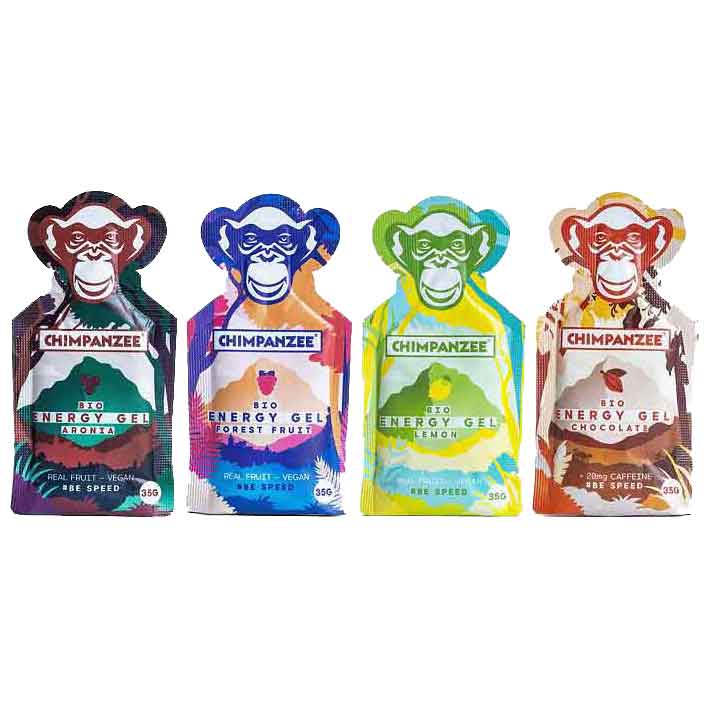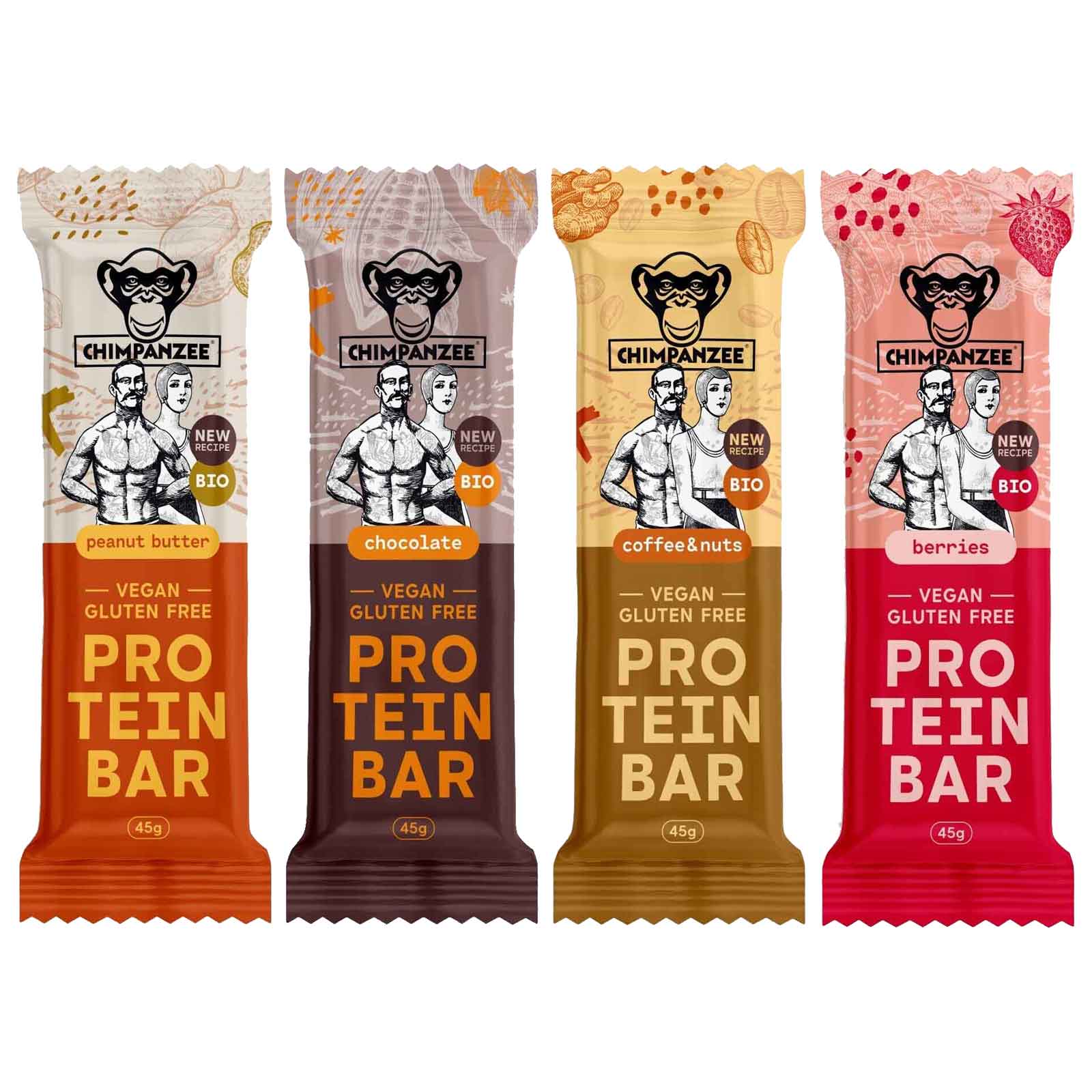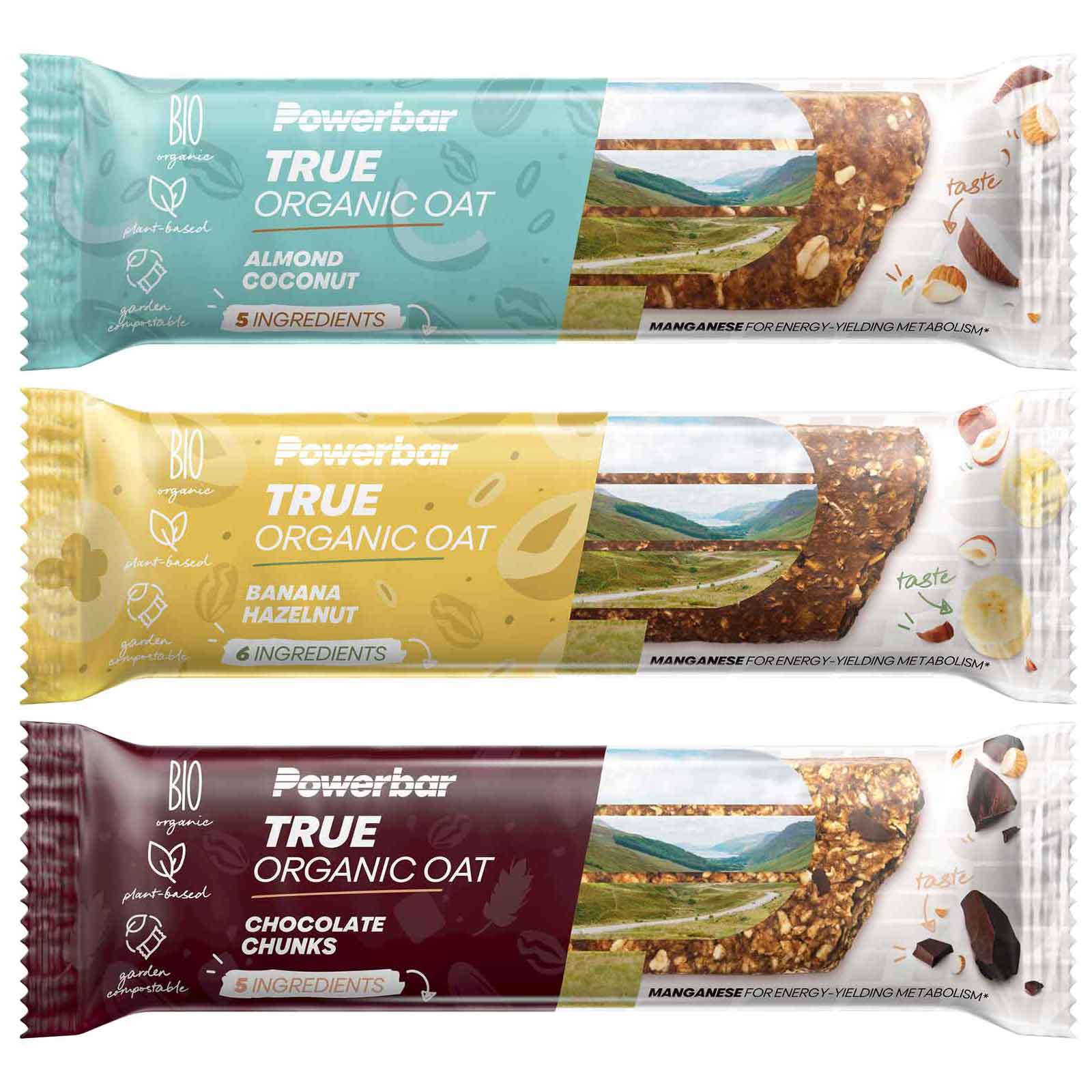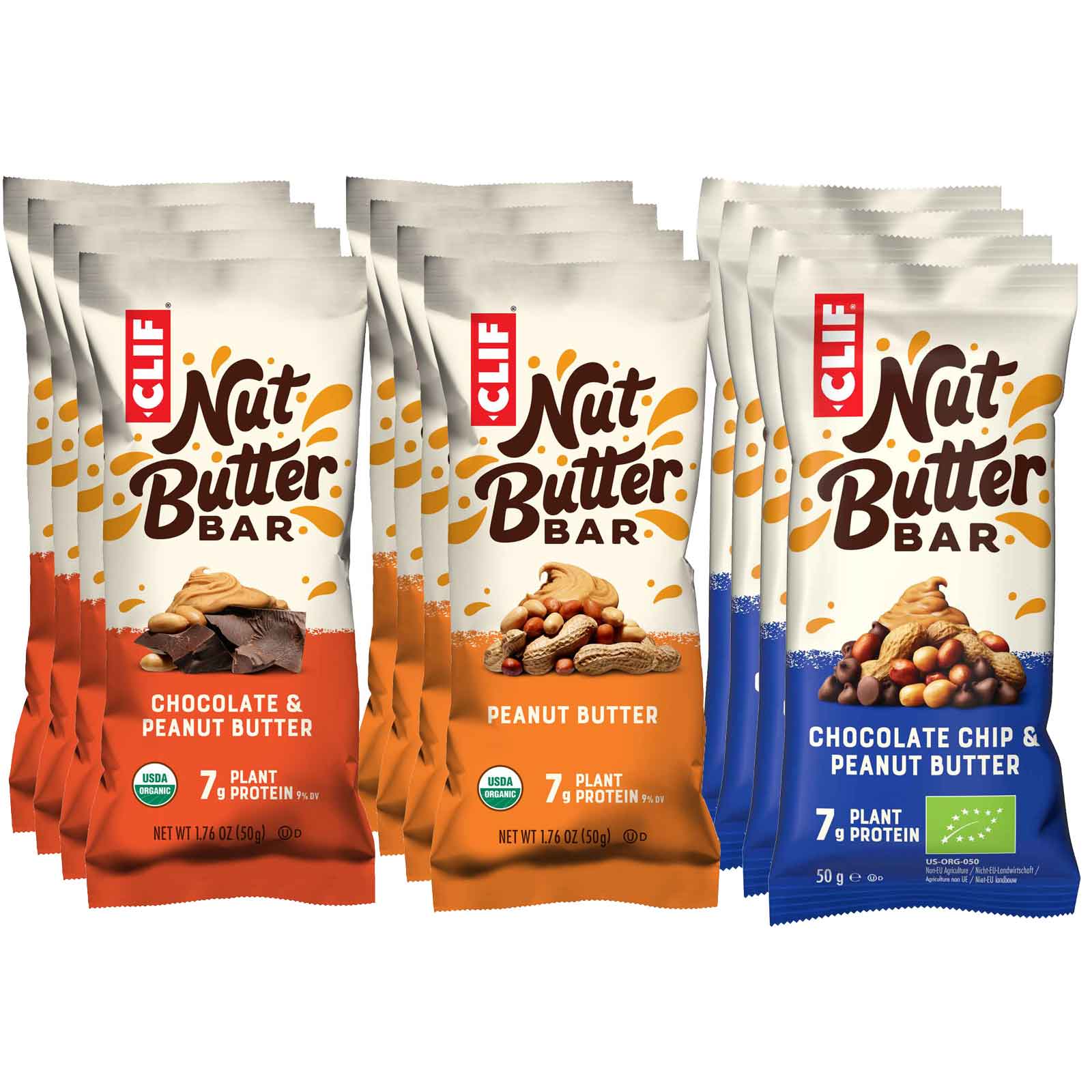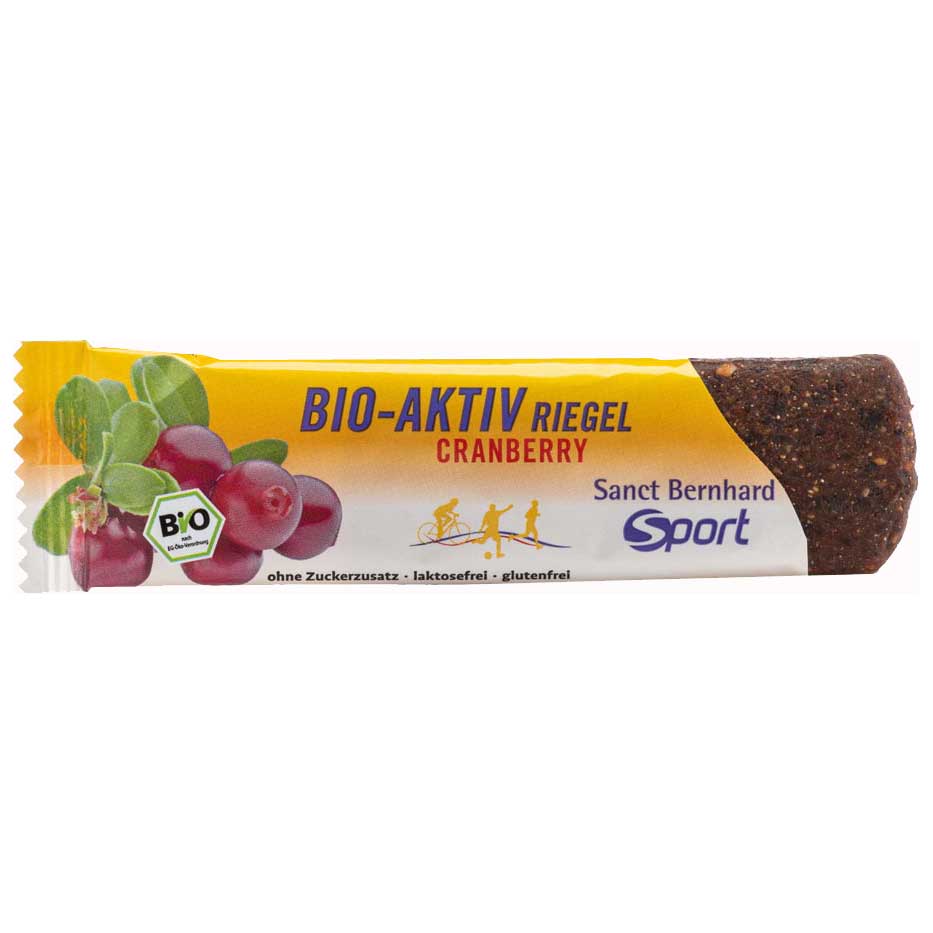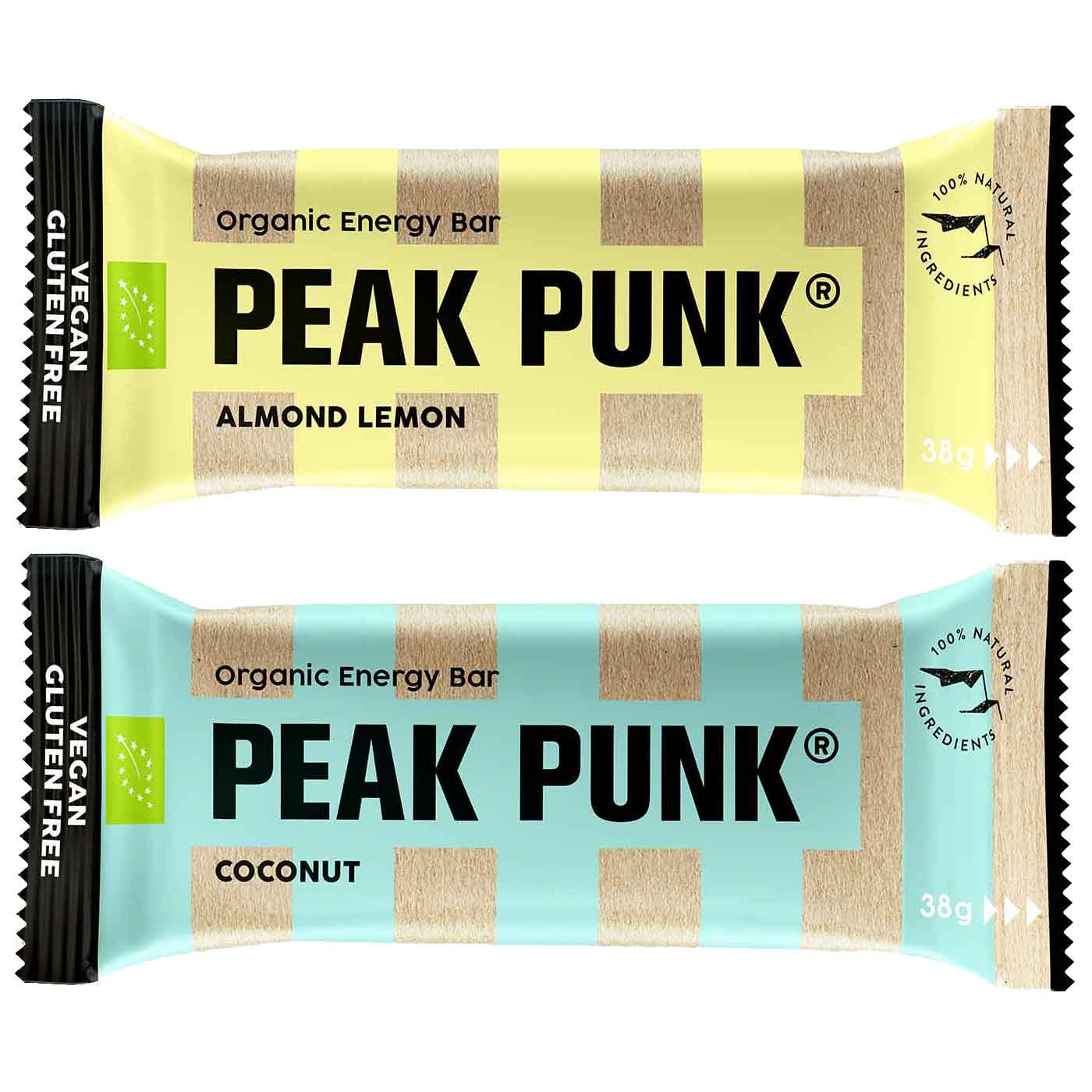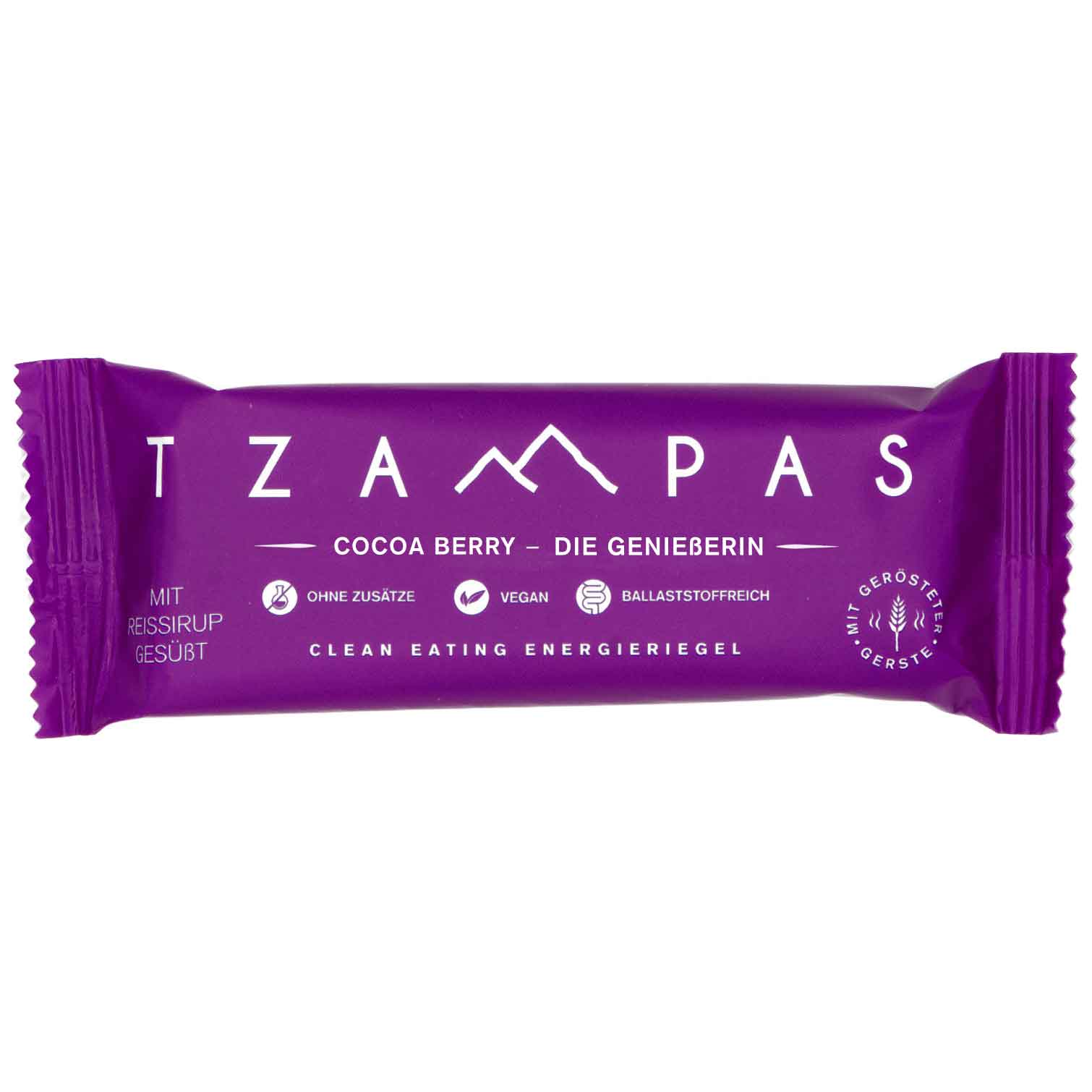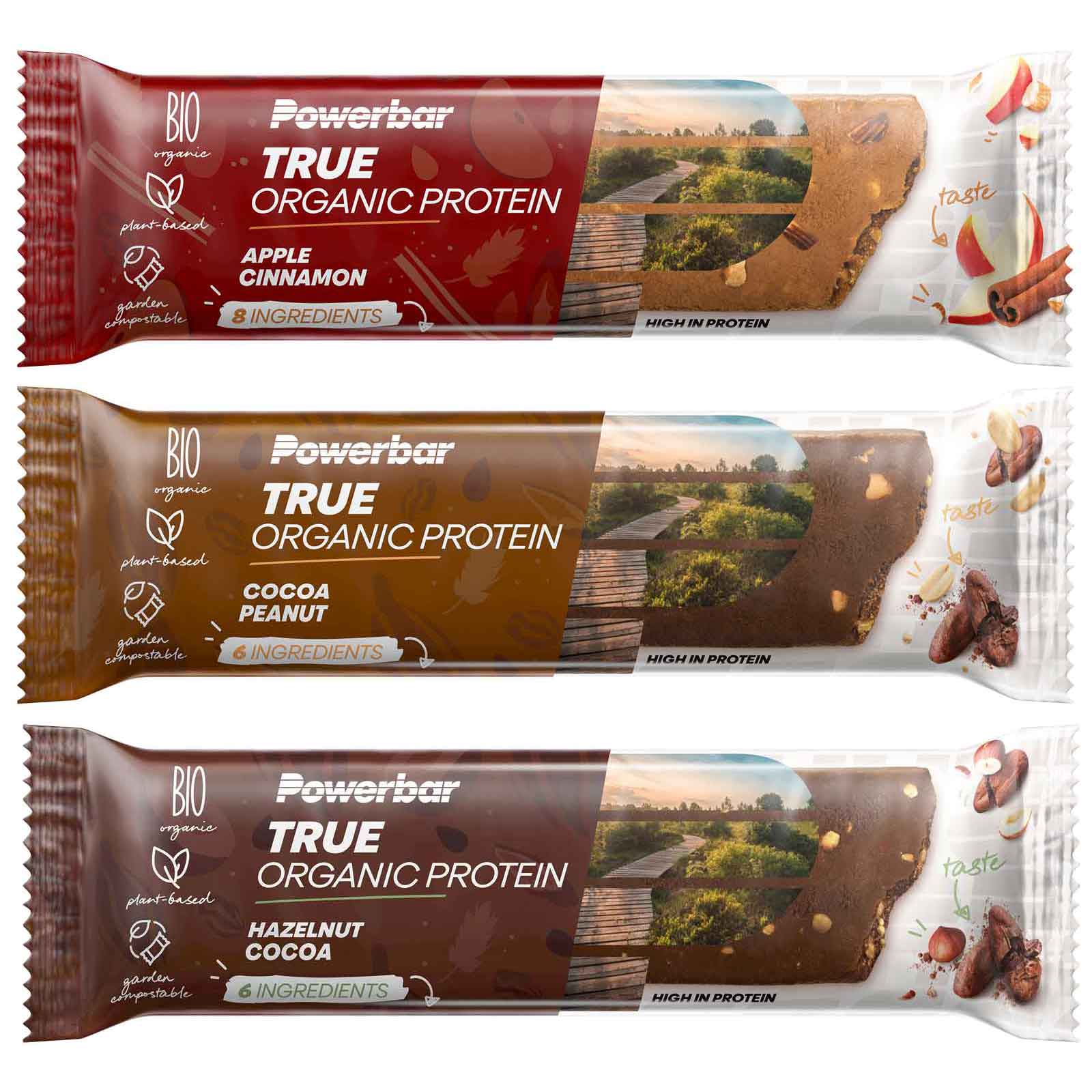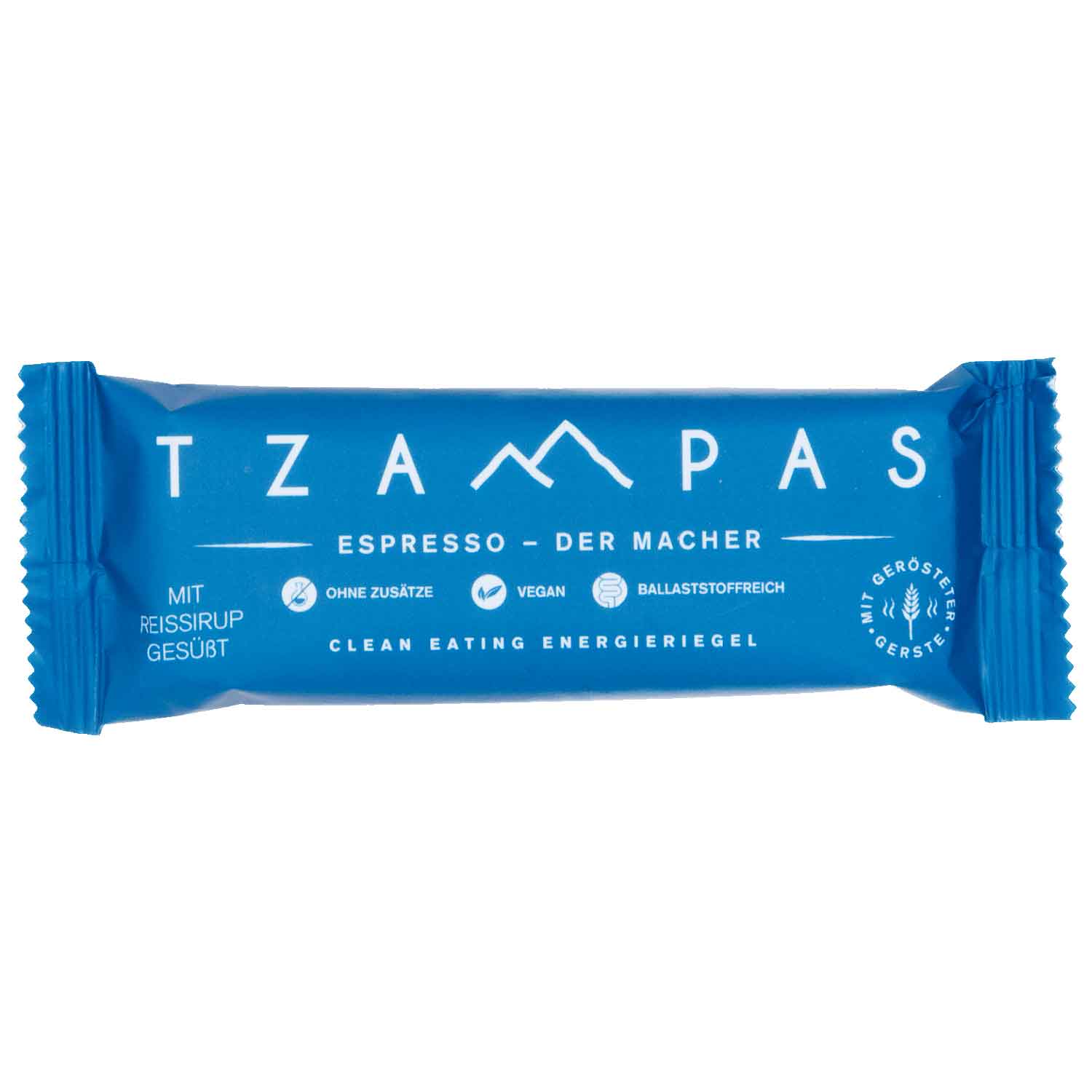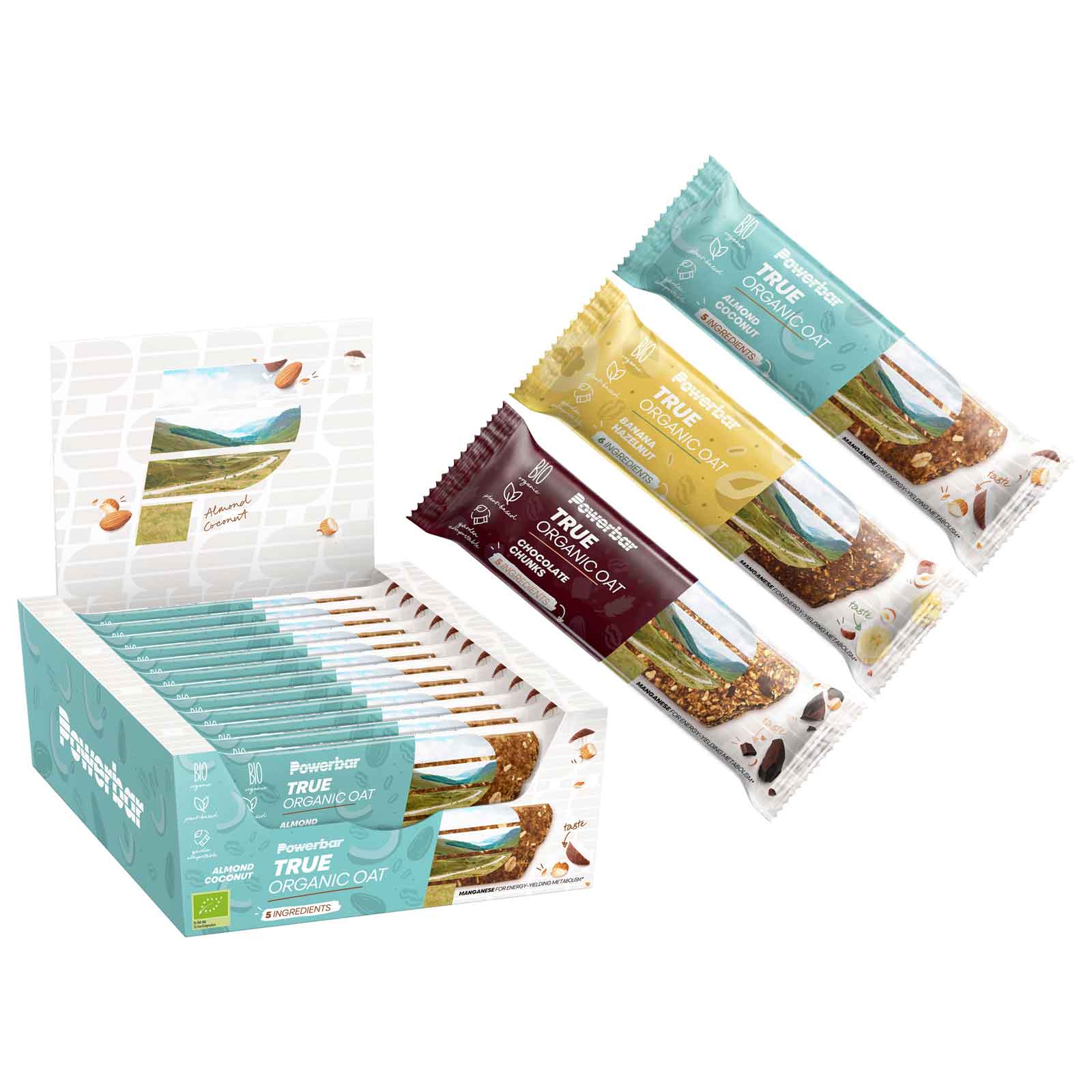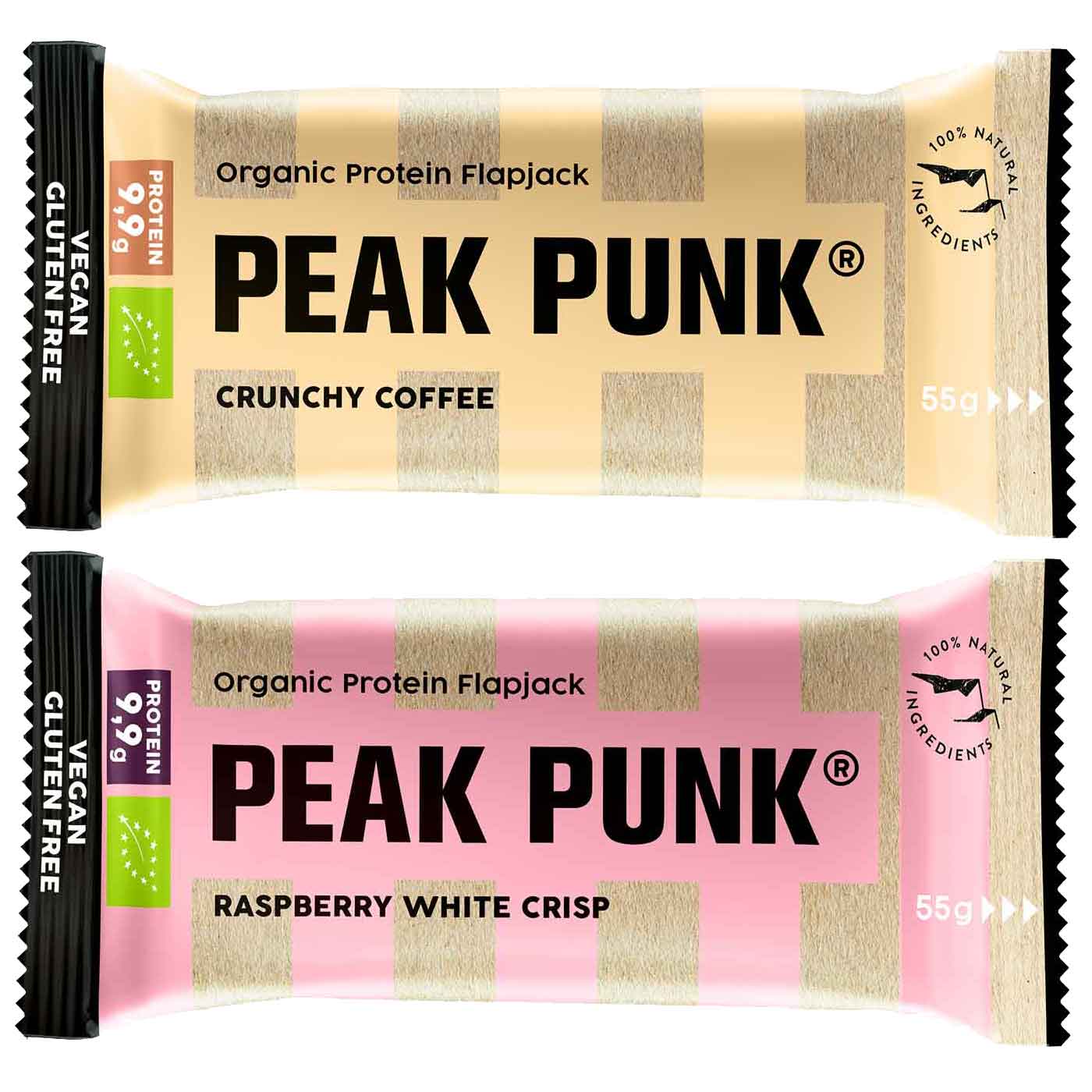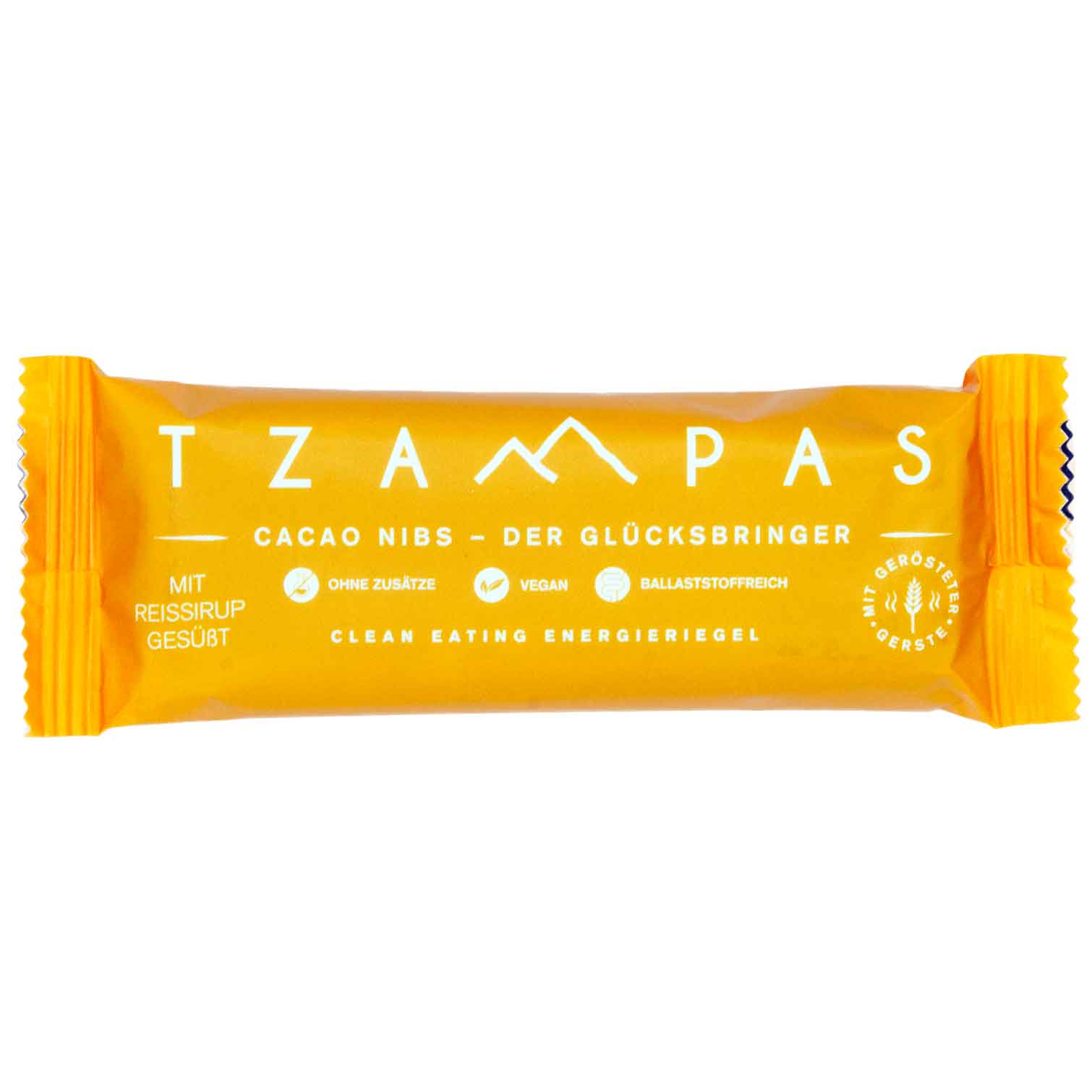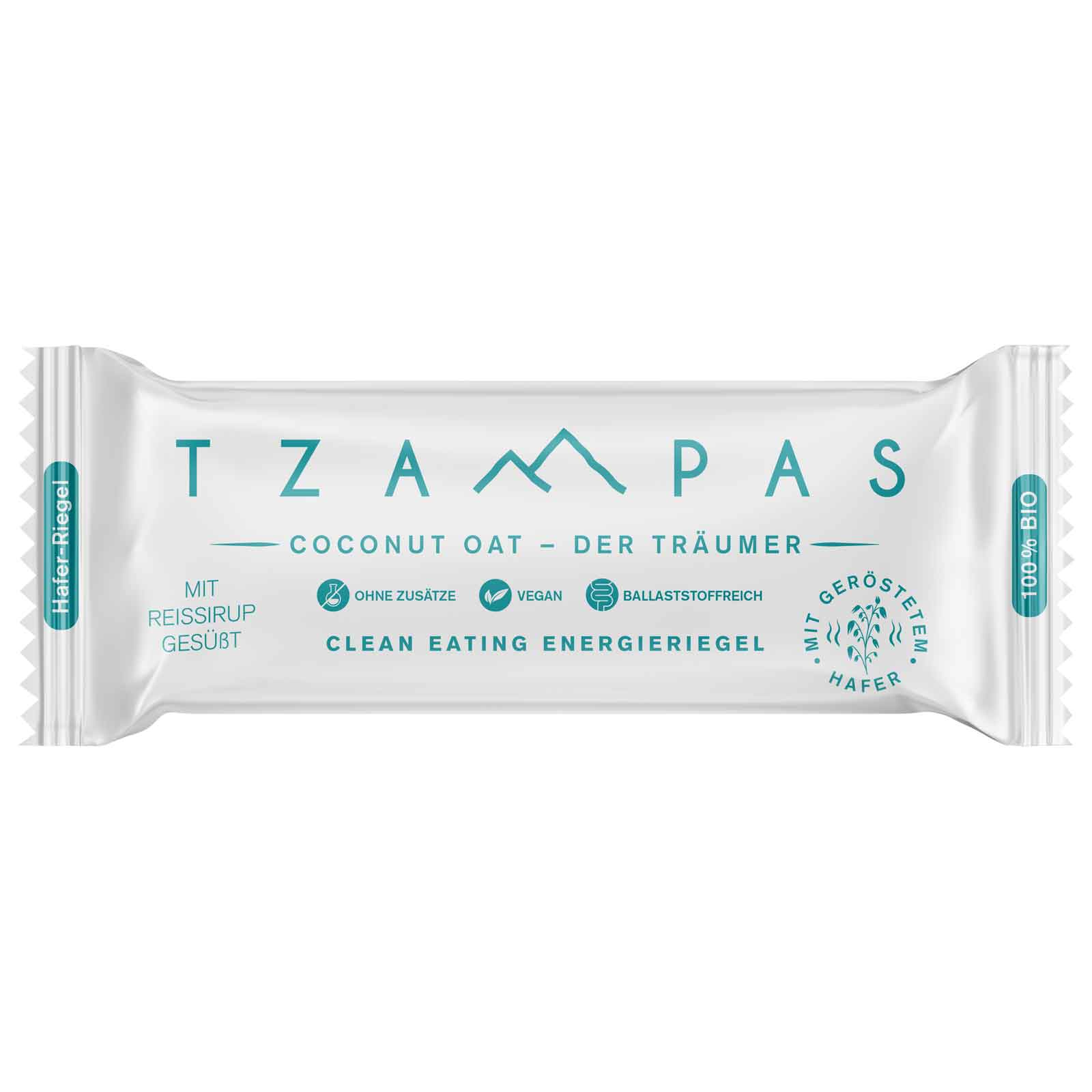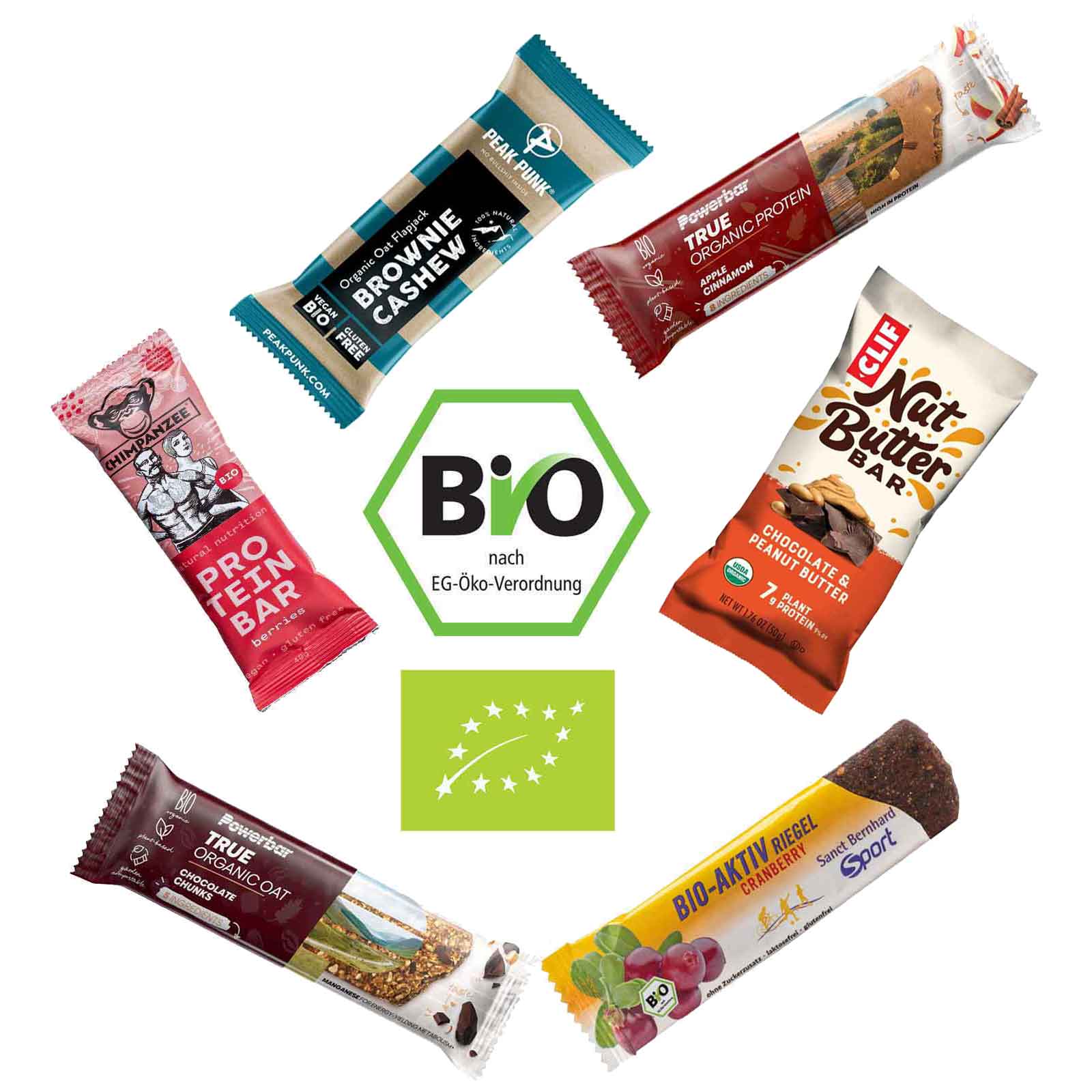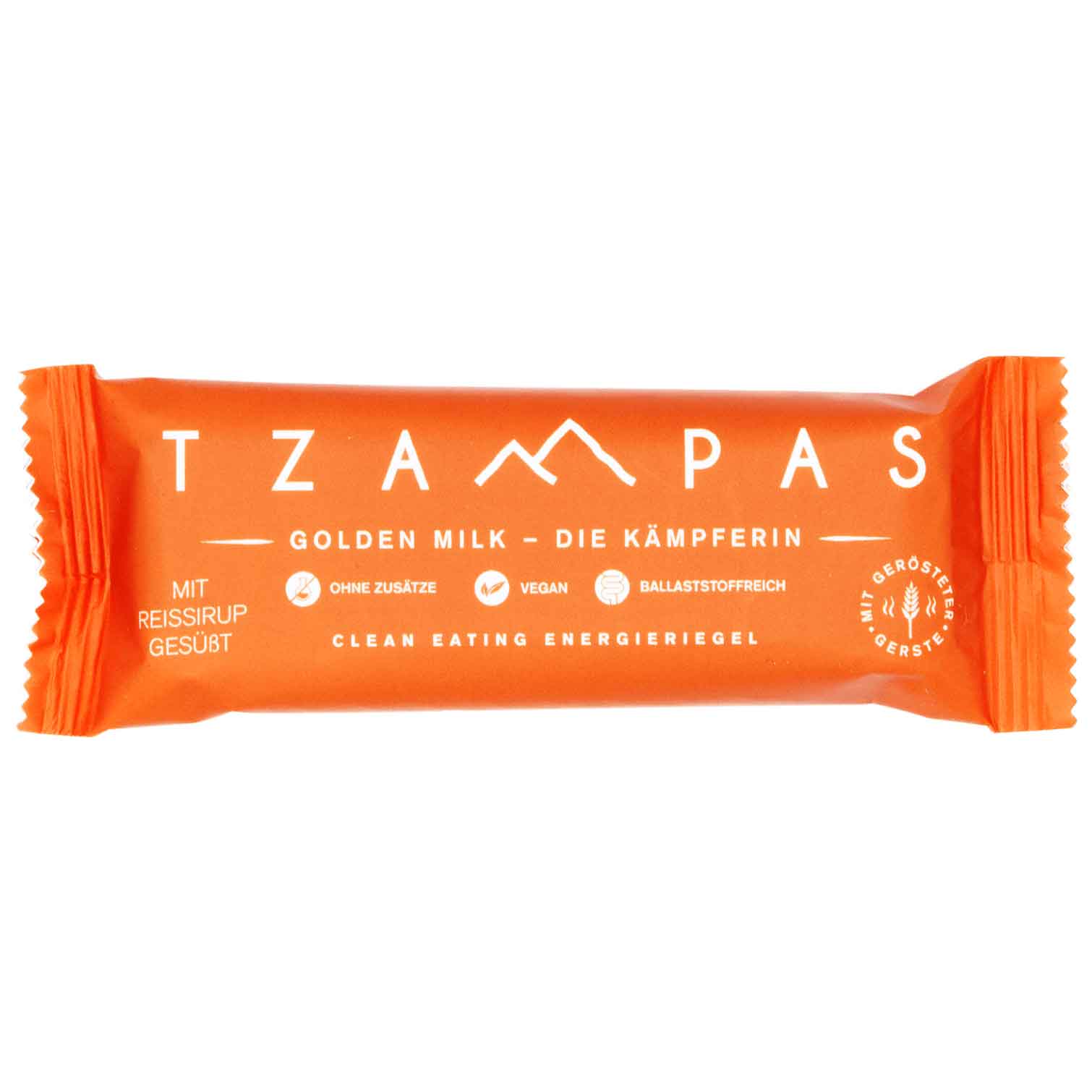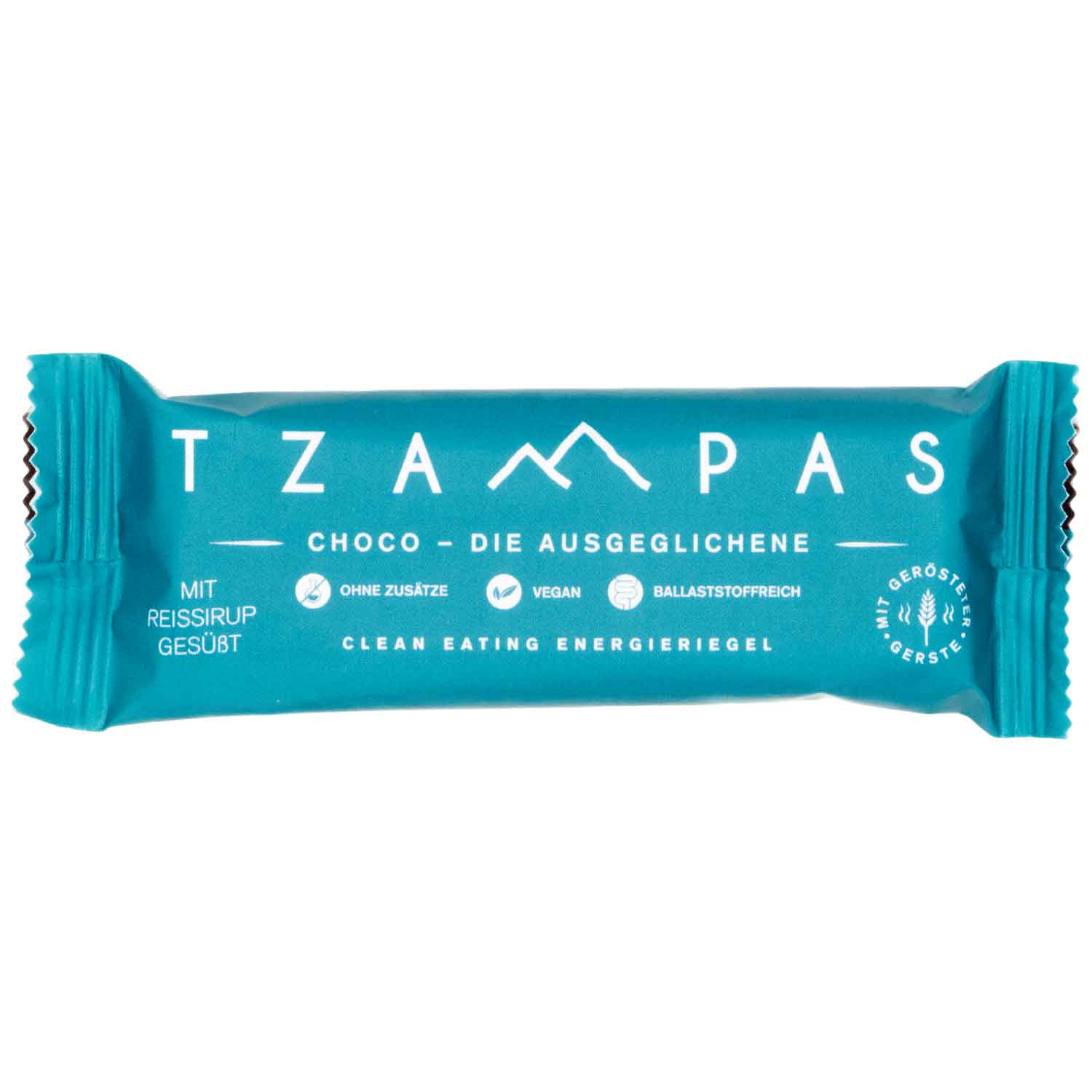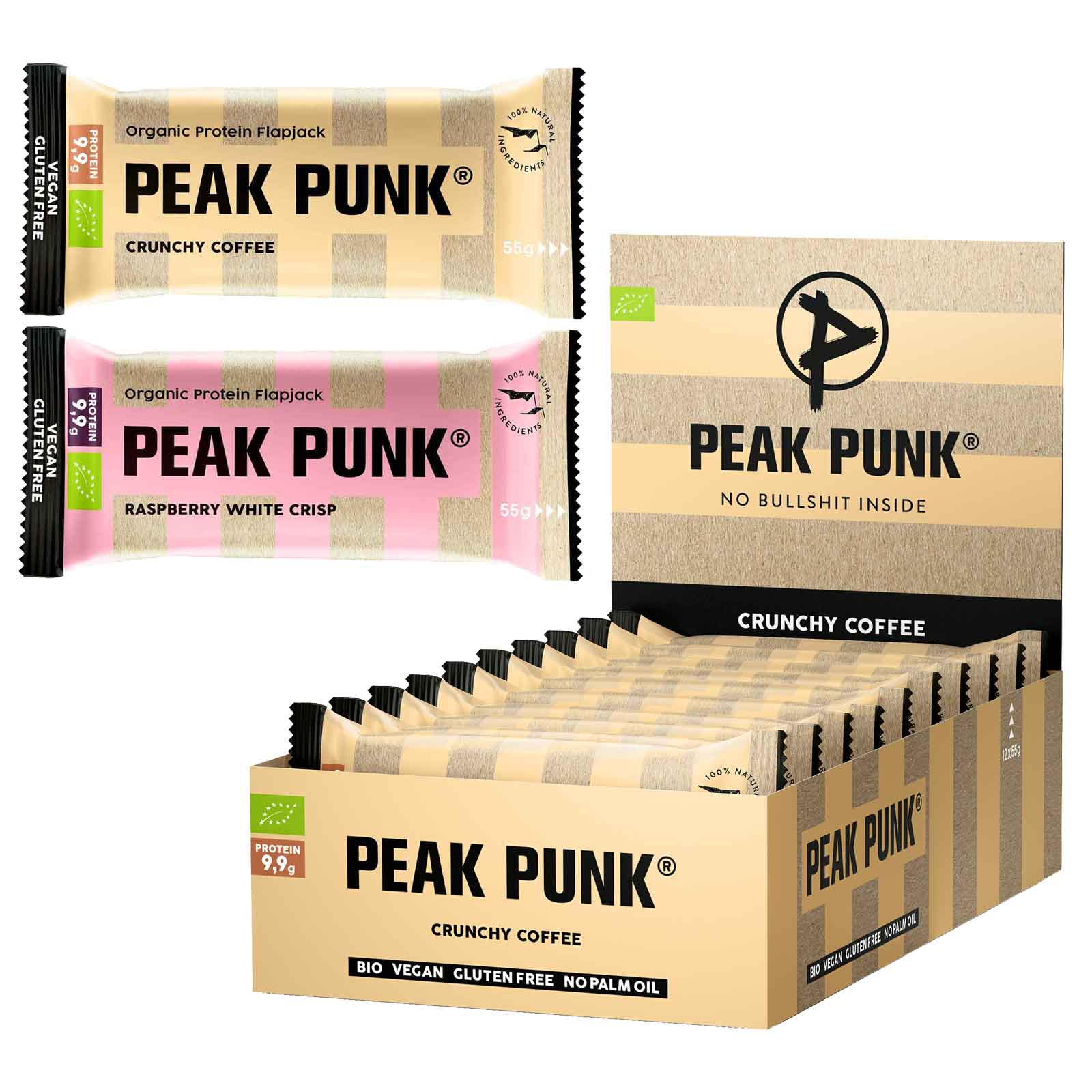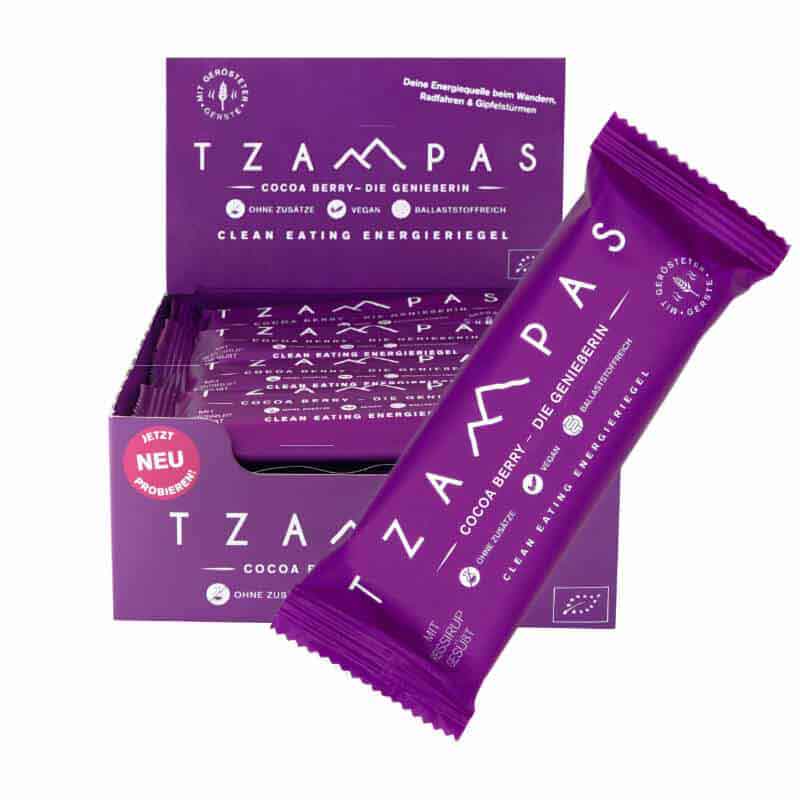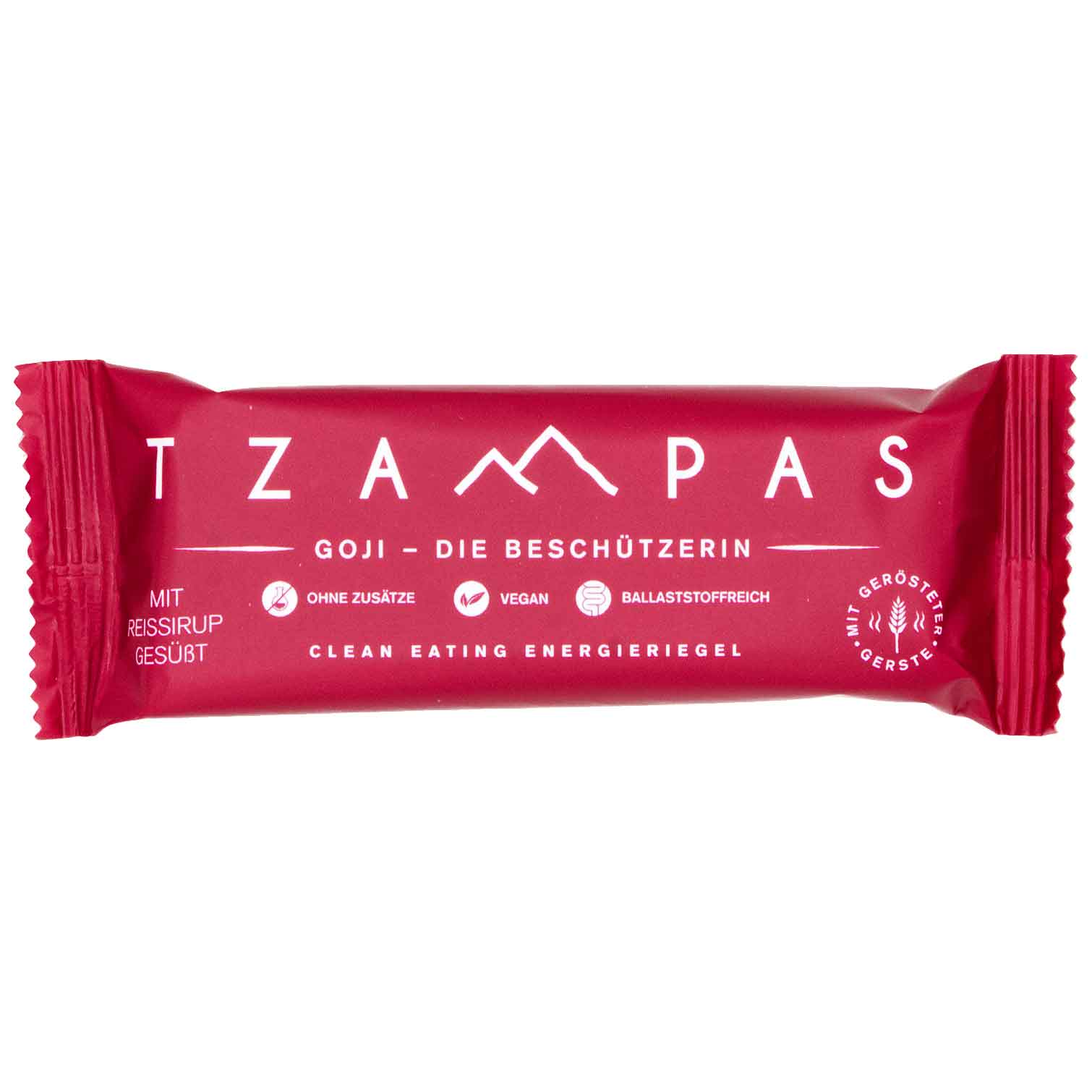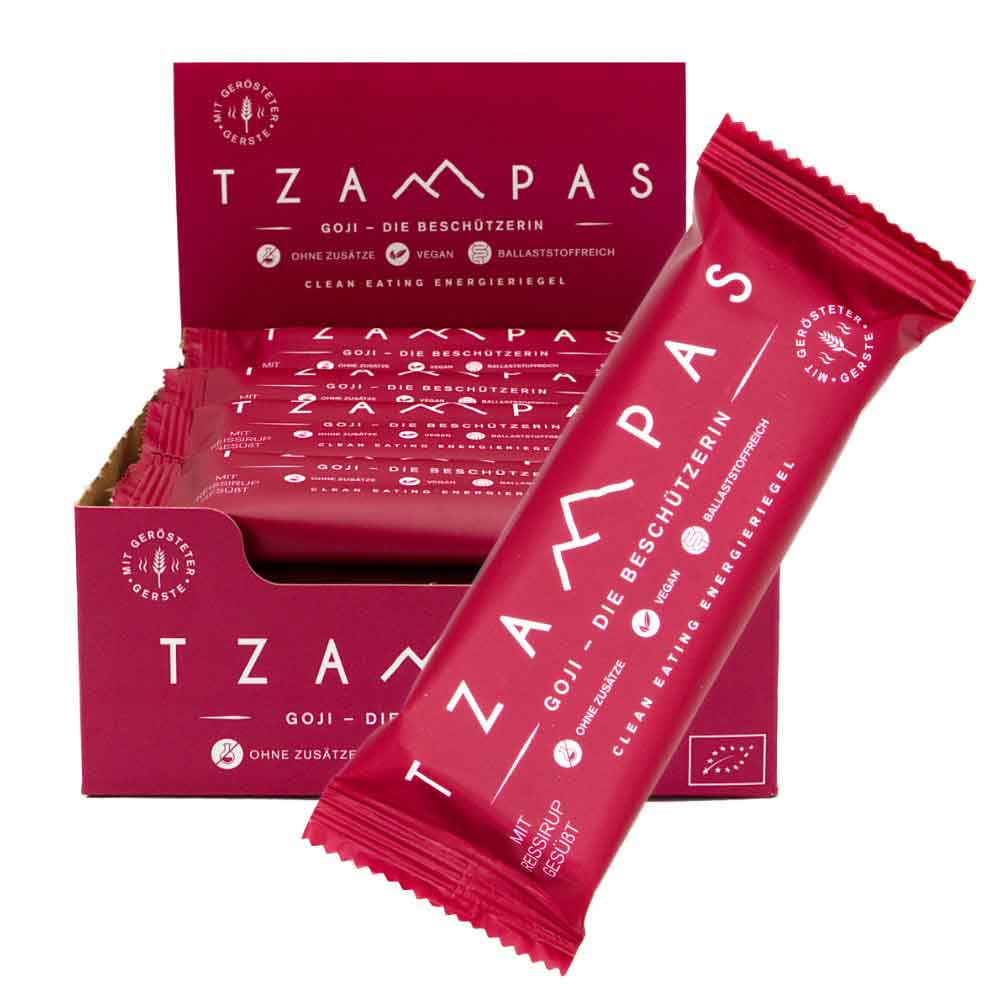- Home
- Fitness
- Sports Nutrition & Body Care
- Organic Food
Organic Protein Bars & Snacks for Sports – Organic Food from Controlled Cultivation: What Is Really Inside?
Virtually all packaging organic snacks now features several logos, labels and markings. From organic or eco to vegan or vegetarian through to GM or gluten free: It is becoming increasingly tricky to keep track of what is in e g. organic protein bars. Particularly with terms like “Controlled cultivation” or “Close to nature”, certain requirements spring to mind, but as unprotected terms they are in fact meaningless. Let us shed some light and explain what you can put your trust in to save the environment and boosting your health sustainably. Read more
The following topics about organic snacks await you:
- Organic, Eco, Etc. – Criteria, Origin and Monitoring of Organic Food
- The EC Organic Food Regulation
- The EU Organic Logo on Organic Food
- The Origin of Ingredients in Organic Farming
- Organic Inspection Bodies for Traders and Producers
- Are Organic Produce and Foods Actually Healthier and Better?
- Greater Nutritional Content and Reduced Pesticide Load
- Organic for a Clear Conscience and the Environment
- Fair Trade – Fair Pay for Fair Products
- Bars, Gels, Drinks, Sports Supplements, Superfoods and More in Organic Quality
Organic, Eco, Etc. – Criteria, Origin and Monitoring of Organic Food
The EC Organic Food Regulation
“Organic” and “Eco” have been legally protected terms since 1993, meaning that certain criteria need to be met to label the products as such. These criteria are laid down in the EC Organic Food Regulation and include the following, among others:
- Prohibition of chemical-synthetic plant protection agents and fertilisers
- Prohibition of genetically modified seeds
- Prohibition of preventive antibiotics
- Animal welfare and housing (more space, ecological feed)
- In the case of compound foods, 95% of the ingredients must originate from organic production
- Low use of additives (53 permitted)
The EU Organic Logo on Organic Bars
All products which are to be labelled within the European Union with the words “ecological”, “organic” or “from controlled organic cultivation”, need to meet these mandatory guidelines. “Ecological”, “organic” or “organic-biological” are also classed as protected terms. In order to make them easily identifiable, packaged organic foods have been labelled with the EU organic logo since 2010. The white leaf with stars on a green background may also appear alongside the British Organic Soil Association logo. The latter will continue to be used after Brexit.
The Origin of Ingredients in Organic Farming
The EU organic label also provides details on the origin of ingredients:
- “EU agriculture” means the raw ingredients originate from EU countries
- “Non-EU agriculture”: Ingredients originate from countries outside the EU
- “EU/Non-EU agriculture”: A mixture of different countries of origin
- If all the ingredients are produced in one country, this can be clearly specified (e.g. “UK agriculture”)
- Ingredients which constitute less than 2% of the total ingredients do not need to be considered.
Ecological Sustainability Checks for Traders and Producers
All manufacturers of organic and ecological foods like energy bars or organic oat bars, who wish to use the corresponding terms and EU organic label, need to be registered with the appropriate organic inspection body. Traders and producers of ingredients must be able to demonstrate that they meet such criteria. Inspections take place at least once per year, whereby around every 5th inspection takes place without prior announcement. The inspection body is named directly above the indication of origin in the form of a code number. This comprises a country code, the word “BIO” or “ECO” and the reference number of the inspection body (e.g. ”DE-BIO-123”).
Are Organic Snacks and Bars Really Healthier and Better?
Greater Nutritional Content and Reduced Pesticide Load
Whether organic foods are healthier or better cannot be simply or clearly answered. The answer depends on how exactly “better” or “healthier” are defined. One point that is clear though is that organic products like energy gels on average have a reduced pesticide load and greater vitamin, fibre and nutrient content. Organic fruit and vegetables often need longer to ripen, meaning they contain less water and have a richer taste.
Organic for a Clear Conscience and the Environment
Food which has been cultivated organically is also gentler to the soil and protects ground water against contaminants. When considered across the entire manufacturing chain, organic products tend to produce considerably less greenhouse gases, consume less water and energy and even help to bind carbon in the soil. A number of companies and enterprises have also made a commitment to contribute one percent of their sales towards protecting the environment. You will recognise this on the following marking “One Percent for the Planet”.
Fair Trade – Fair Pay for Fair Products
The manufacturers of organic produce increasingly tend to ensure that employees throughout all companies involved in the supply chain are paid fairly. The well-known “Fair Trade” logo is one of the best indicators when it comes to ensuring that, for example, harvest workers in developing countries are adequately paid.
Organic Bars, Gels, Drinks, Sports Supplements, Superfoods and More
Apart from feeling good about eating unprocessed and pesticide-free food or organic snacks, the question as to how ecological factors affect one’s performance is particularly interesting for athletes. The fact that the concentration of macronutrients and micronutrients is higher could be a reason for more energy and better regeneration. What’s more, fewer artificial additives are added to most organic products, which is kinder to the stomach especially when doing intensive exercise.
In the case of organic produce in raw foods, efforts are made during manufacturing to prevent the ingredients from being heated above room temperature, in order to conserve enzymes, vitamins and nutrients. Since lots of organic bars and snacks comprise fruit, nuts, dates and seeds, they provide a balanced quantity of carbohydrates, fats and proteins, which provide you with continuous energy on your bike ride or long run.
As the most important part of any training session is always regeneration, it is even more crucial to supply your body with plenty of healthy nutrients. For an extra kick when it comes to your health, superfoods such as spirulina, maca, carob or baobab lend a helping hand.
At BIKE24, you will find the right choice for any requirement: regardless of whether you eat a kosher, vegan, gluten-free, soya-free, starch-free or lactose-free diet or one without added sugar. Make your snacks healthy and fit for your lifestyle!
